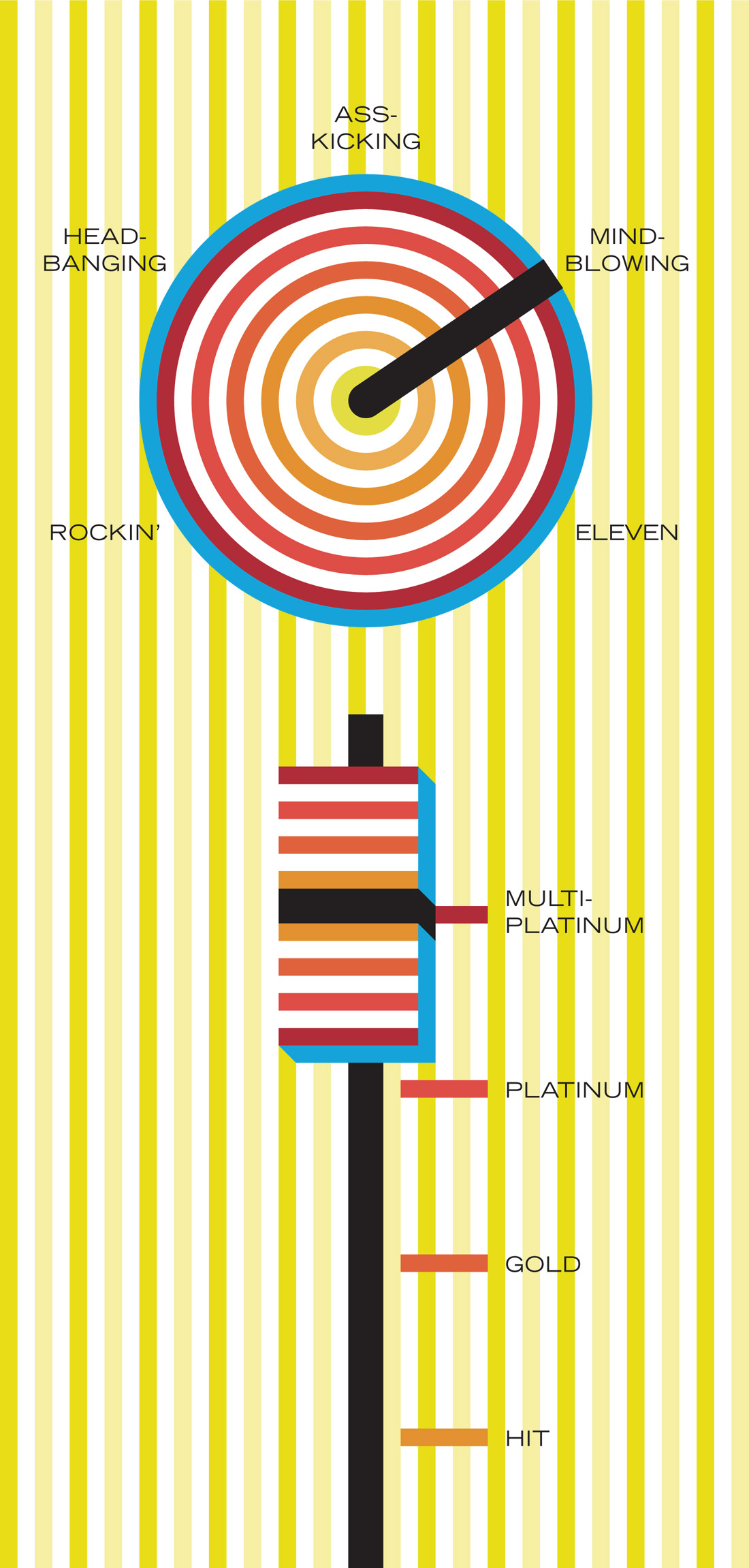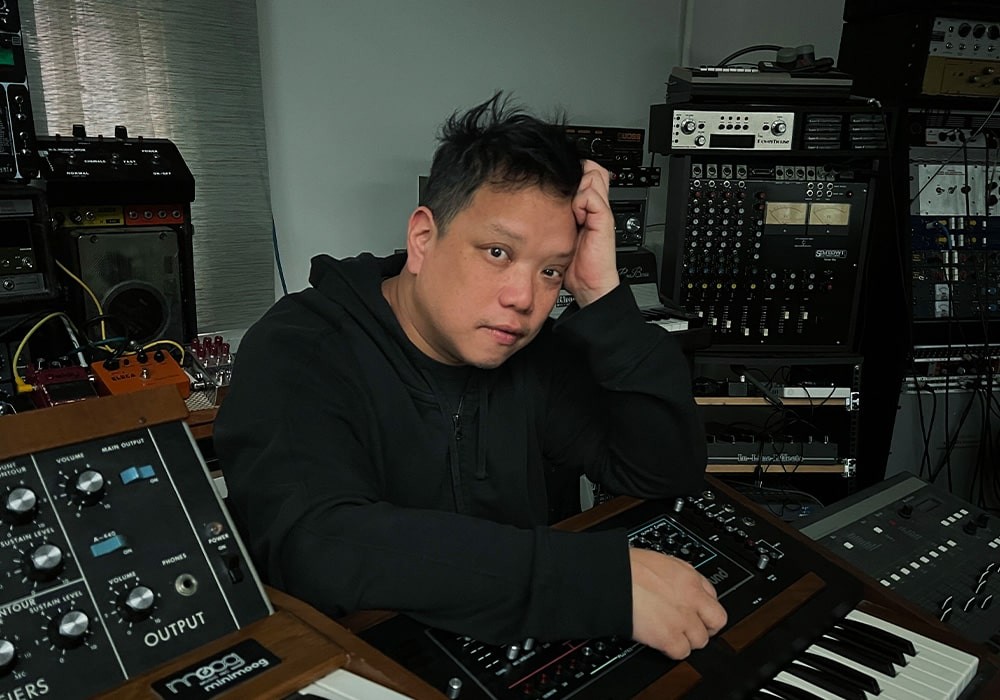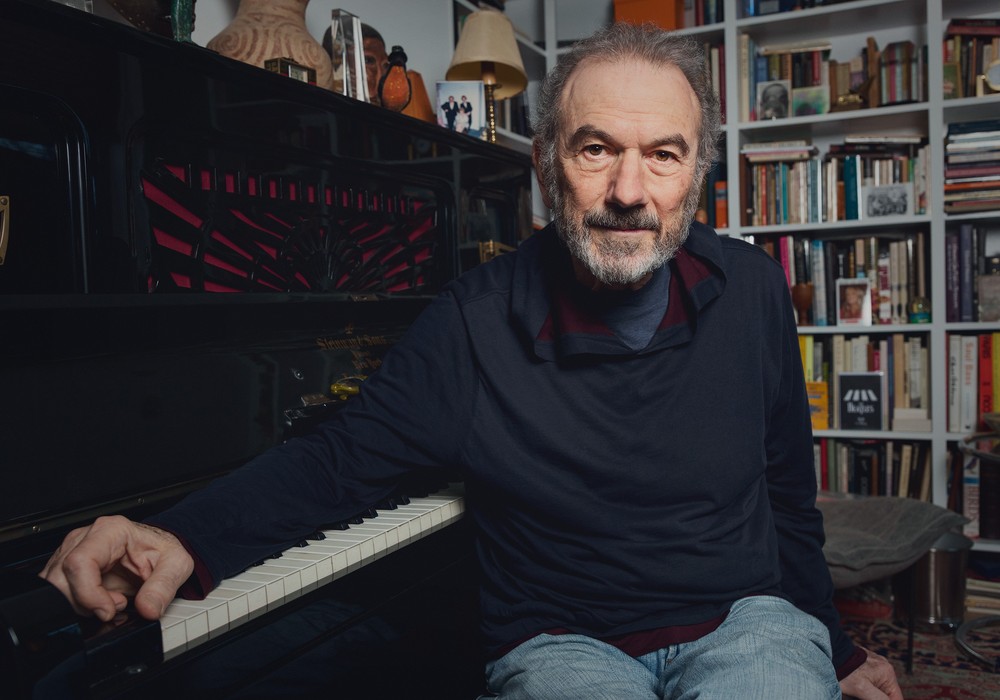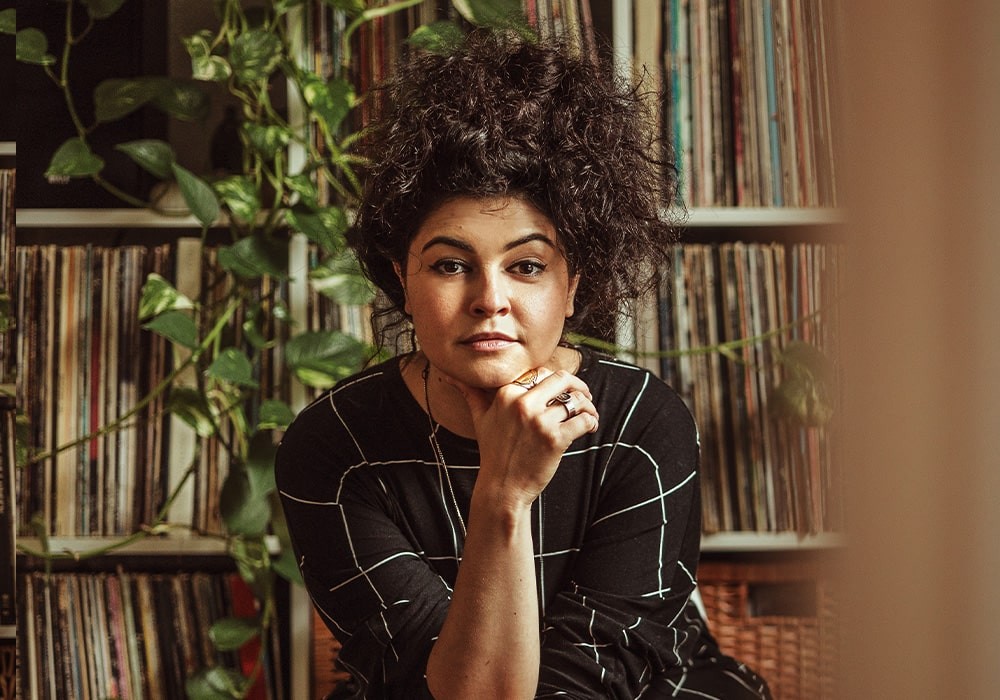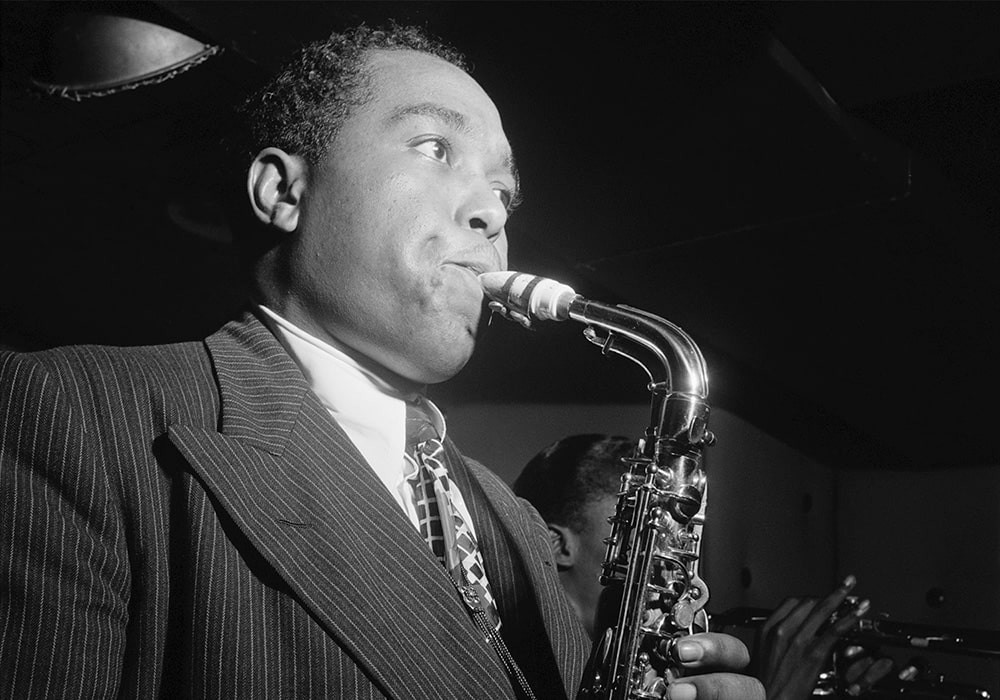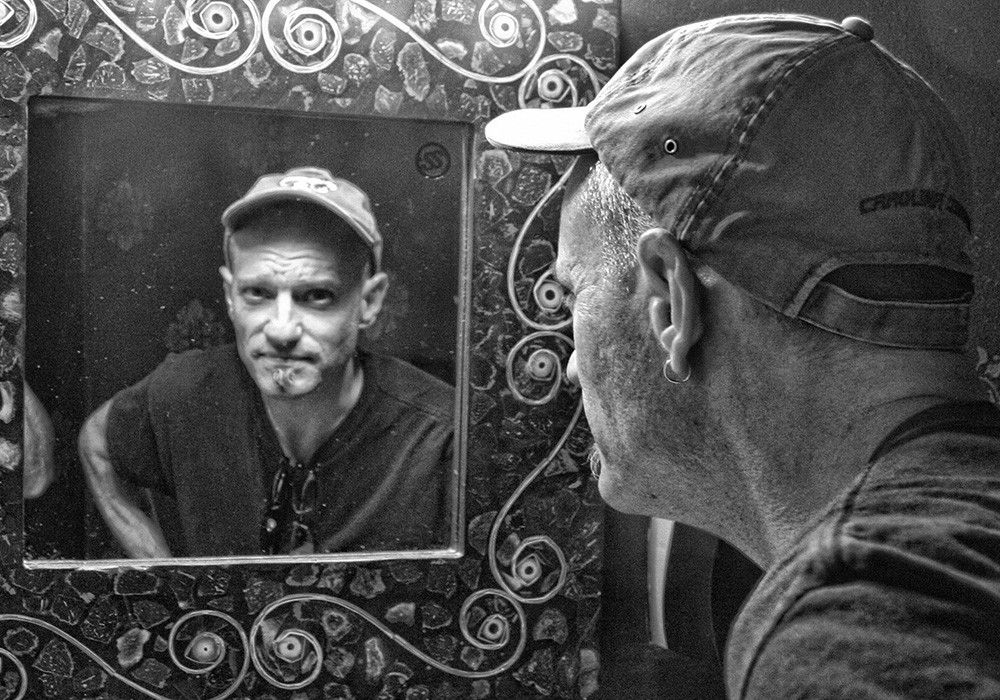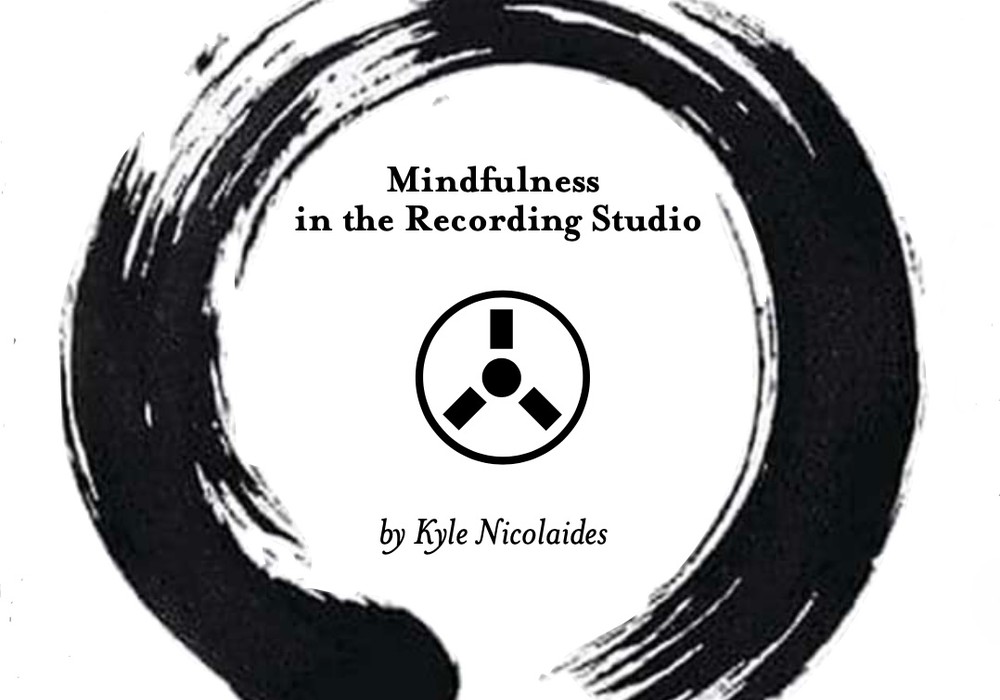Tristan Perich is a young experimental musician living and working in New York City. He creates interesting devices to present his original compositions, such as the recent 1-Bit Symphony. Encased in a CD jewel case are electronics and a battery that plays a lo-fi electronic piece through its 1/8th-inch jack. I was curious, so I went over to his apartment studio in lower Manhattan to chat.
In addition to mathematics and physics, who or what are some of your influences?
Philip Glass is a hugely influential figure in my life. It was through his music, and my uncle who was into Glass, that I learned about polyrhythms, which blew me away and occupied me as a kid. Another artist that is powerful in my mind is Sol LeWitt, with his adherence to process while creating art. Very conceptual, entirely rote work, his art comes from a series of instructions that are executed by people. But at the same time it's so moving and beautiful and profound; maybe in the same way as a NASA photograph, it gives you a sense of immensity behind the images. It's so computational; he was essentially writing software before there was software. And my work has a similar idea, but it's in a post-code world where now we have computers that can do these things eight million times per second, or at least that's what the crappy chips I use can do.
Alvin Lucier was similarly instructional or methodical, calling his work "sound experiment" rather than "music." Can you talk about the terms "experiment," "music" and "composition" as they may or may not relate to each other?
Great question. I actually like the term composition to describe my work. I think experimentation is about discovery and I don't think of myself as someone who discovers. My pieces are self-contained — basically frameworks for expression or composition. The first step to writing this album [1-Bit Symphony] was creating the software that would play back music that I'd write for it, setting up a structure within which I could compose. I don't think of that process as experimentation.
So you see your work as expressive and not a sterile scientific experiment. Right. I can relate to experiments and science, but the
end goal for me is what comes out of the music. The concepts and processes behind it are all to create a home for this piece of music. At the end of the day it's really just a piece of music, and it's got all this conceptual framework, but if it's not something people can listen to as music it doesn't mean the same thing.
What do you think of the "chiptune" movement?
I love those guys. A lot of them are friends, and my first 1-bit album [1-Bit Music] was created overlapping with that scene. I was going to a lot of chiptune shows, I wound up playing at a bunch of them. That album was like 1/3 chiptune, 1/3 NYC electro and 1/3 Providence noise. With this new one, I wanted to make it more isolated and focus on compositional structure. So I feel like I moved away from the scene, but really the word "chiptune" essentially means "music coming from microchips," and this definitely still is that. The sound palette really isn't about nostalgia or video game culture anymore; it's coming from those, in a way, but I hear the sounds more on their own these days.
The press materials on 1-Bit Symphony say that it is not a recording, but that the chip literally performs the piece when it is turned on.
These microchips are interesting because of how much of a physical relationship software has to hardware. If I write a statement in code that says to turn this pin on a 1, then that sends electricity through this output pin, which gets routed straight to your headphones and your headphone speaker pulls back. When I write a 0 to it, it resets itself. The code is ultimately controlling flows of electricity that are coming from the microchip and going straight into your headphones.
